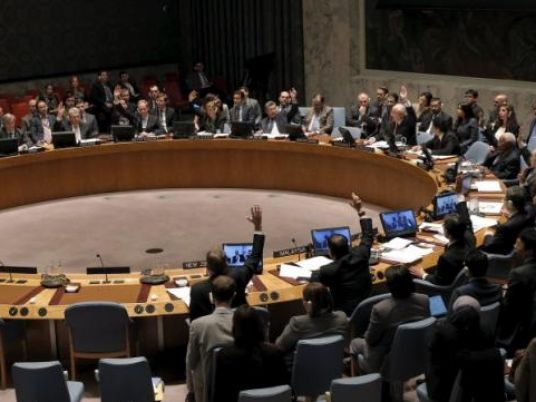
The United Nations has held a session in Geneva to discuss the human rights situation in various countries, including Egypt. Issues relating to the Egyptian judiciary and the holding of detainees in Egypt were given particular attention. A number of international lawyers, NGOs and political activists addressed these topics during the session. Egypt rejected accusations of human rights violations.
During Thursday evening's session, The Netherlands raised concerns over human rights violations in Egypt. Speaking on behalf of the European Union, the Netherlands also stressed the need to combat terrorism in Egypt. This, they added, must be carried out with full respect for the rule of law.
Germany, Switzerland and the United States expressed concern about the deteriorating situation of the human rights in Egypt, in such areas as the referral of civilians to military courts, mass trials and executions.
Denmark encouraged Egypt to take further steps to ensure the fundamental rights as stipulated in the Constitution are honored, including the right to a fair trial.
The session discussed enforced disappearances, in particular the killing of the Italian researcher Giulio Regeni in Egypt.
The conditions inside Egyptian prisons were also considered. Participants at the session deemed current conditions a violation of international regulations for prisons.
In a speech of response, Egypt rejected the statements of the European Union, the United States, Switzerland, Germany and France. The Egyptian delegation criticized countries' use of human rights as a tool to garner votes in upcoming elections.
During the meeting, representatives drew up a number of recommendations, submitted to the Human Rights Council for review. Most urgently, the joint statement recommended Egypt form a commission to inspect the human rights situation in Egypt's prisons.
The Egyptian government has been pressurized by both local and international media over allegations of large numbers of extra-judicial arrests. This has included the arrests of numerous activists criticizing the government.
In many cases, citizens have gone missing for extended periods of time before appearing in courtrooms faced with multiple charges. Charges often relate to issues of national security and plotting against the government. Meanwhile, NGOs have recorded various accounts of citizens reported as missing after being arrested by security personnel.
In November last year, El-Nadeem Center for the Rehabilitation of Victims of Violence reported 40 cases of forced disappearance in one month alone.
In December the National Center for Human Rights (NCHR) compiled a name list of people suspected to have been forcibly disappeared. The list was sent to the Egyptian interior ministry with a request that those missing be located.
In January, the Interior Ministry said it had informed the NCHR of the whereabouts of 130 of the 191 people reported missing by the organization.
The NCHR claimed at the time that the phenomenon of forced disappearance was the result of a failure of police and security personnel to obey the laws of arrest and detention of suspects. The rights organization called on the Interior Ministry to properly implement the law of criminal procedure, to avoid confusion about where suspects have disappeared to.
Edited translation from Al-Masry Al-Youm




